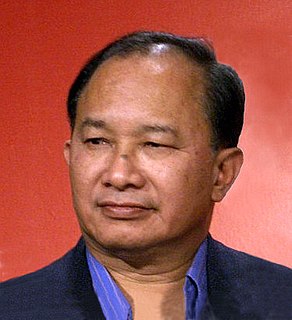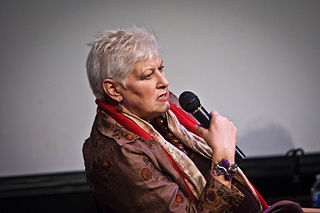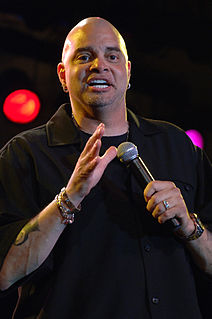A Quote by Amanda Seyfried
I think it's probably a bad idea for young boys to see how they're being depicted in men's fantasies. It could get very dark. You could learn how to do things wrong.
Related Quotes
It doesn't matter how bad things are, something good could happen always. And it doesn't matter how many excuses you have for behaving in an unkind manner towards others. There's never any excuse for not being kind and it's always better to be kind even if it seems pointless and that in fact is the highest wisdom - being kind. It sounds like a very noble, ethereal, simplistic idea but it's true.
I couldn't take my eyes off of Stan [Lee]! As good as the movie is, all I could think about is, "What's he thinking?" So the movie ended, and then he, very whimsically, expressed all of his feelings about how long he waited, and how the TV shows in the '70s were all, "If only they could do this," and now they could. And he didn't get choked up and blubbery, but he was moved. Like, "Ohmigod, it happened while I was alive." And I can't believe I got to see that. He was very raw. It was quite beautiful.
When you get an idea, so many things come in that one moment. You could write the sound of that idea, or the sound of the room it's in. You could write the clothes the character is wearing, what they're saying, how they move, what they look like. Instead of making up, you're actually catching an idea, for a story, characters, place, and mood - all the stuff that comes. When you put a sound to something and it's wrong, it's so obvious. When it's right, the whole is greater than the sum of the parts. That's a magical thing that can happen in cinema.
I have a theory about American men -- I think they think women are boys who don't know how to throw a ball very well. American women are forced into the role of being men without penises, of being men who haven't quite been able to make it. If women don't want to be pussycats, then they get forced into the role of being almost as good as men. Which is lousy.
As a young man, I was very interested in how people lived in earlier times; how they got from place to place, lighted their homes, cooked their meals and so on. So I went to the history books. Well, I could find out all about kings and presidents; but I could learn nothing of their everyday lives. So I decided that history is bunk.
People ask me: ‘What is punk? How do you define punk?' Here's how I define punk: It's a free space. It could be called jazz. It could be called hip-hop. It could be called blues, or rock, or beat. It could be called techno. It's just a new idea. For me, it was punk rock. That was my entrance to this idea of the new ideas being able to be presented in an environment that wasn't being dictated by a profit motive.
I see being a woman in the world as a social problem. That's very urgently problematic in terms of it still being a man's world, and women's identities still being shaped by the way men look at them, and the way men can control what kinds of opportunities they can get based on how desirable the men find them, or how compliant. I don't think that's really changed a lot.
We could learn to stop when the sun goes down and when the sun comes up. We could learn to listen to the wind; we could learn to notice that it's raining or snowing or hailing or calm. We could reconnect with the weather that is ourselves, and we could realize that it's sad. The sadder it is, and the vaster it is, the more our heart opens. We can stop thinking that good practice is when it's smooth and calm, and bad practice is when it's rough and dark. If we can hold it all in our hearts, then we can make a proper cup of tea.




































